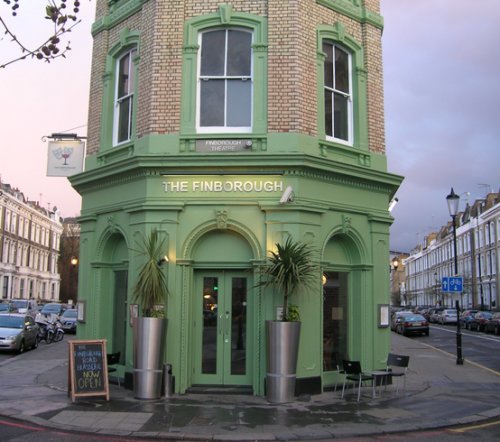
Photo: Matthew Turner
Financial pressures place London’s small theatres at risk
A need for renovation is seen as the biggest medium-term threat, but fears are growing that rising property values will lead landlords to claim theatre buildings for other purposes.
A lack of rehearsal space, insufficient means to market their shows and an urgent need for structural repairs and upgraded facilities are among the most pressing issues facing London’s small theatres, according to the new report, ‘Centre Stage: supporting small theatres in the capital’. Based on an investigation into London’s theatres with less than 400-seat capacity, led by Labour Assembly Member Tom Copley, the report reveals that 43% of theatres have experienced a significant decrease in public funding over the last three years. Almost half now say they feel insecure about their financial future. Despite 55% reporting an increase in ticket sales over the last year, only 7% are selling more than 90% of their tickets, with a majority of those surveyed only selling between a quarter and a half of available seats.
75% of small theatres are in need of renovation work, while 40% of theatre owners worry that their building will be converted for another use entirely by new or existing owners. The required renovation work is either needed for venues’ continued operation, such as structural work, or to improve the audience experience and stimulate help revenue growth from increased ticket sales. Among the recommendations put forward is the suggestion that more support should be given to small theatres to access capital grants, and the Greater London Authority (GLA) should consider setting up its own capital fund, which could help leverage philanthropic donations. The report also recommends that the sector, including the Theatres Trust, works to educate theatres about legislation relating to building protection, to help them become listed as ‘assets of community value’.
Collaboration is seen as a potential solution to many problems. Where smaller venues fall down on marketing provision, it is suggested they could come together with each other and their West End counterparts in reciprocal advertising deals and joint marketing projects. A proposed not-for-profit ticketing agency, jointly owned by smaller venues, could potentially help sell tickets while avoiding fees charged by commercial ticketing agencies. Collaboration is also seen as potentially leading to apprenticeship schemes through which extra support could be provided to small theatres. Other suggested actions include local government offering up unused space, such as disused shops and offices, to remedy a lack of rehearsal space for theatre groups; and the GLA and Transport for London allowing small theatres to use expired advertising space on the Underground. Currently only 2% of tube advertising is used to promote non-West End theatres. A key suggestion is for the appointment of a new ambassador for small theatre to support the implementation of the proposed actions. Mayor Boris Johnson is being asked to give his response to the report by the end of October.
Join the Discussion
You must be logged in to post a comment.